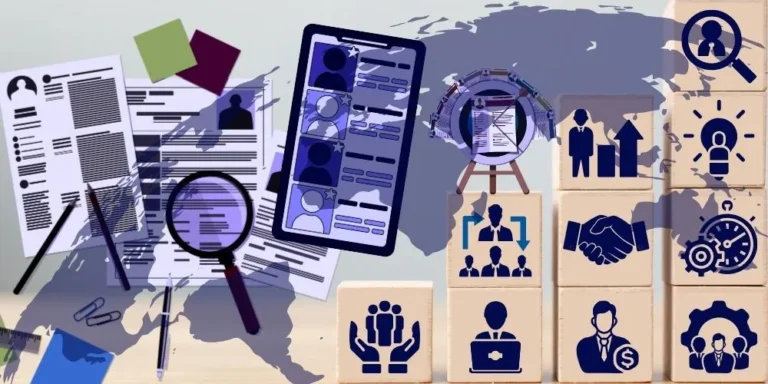In the dynamic and interconnected world of commerce, big businesses have emerged as powerful drivers of innovation, economic growth, and societal change. These large-scale enterprises, often called “Big Business,” possess substantial resources, influence, and reach, enabling them to shape industries, create employment opportunities, and contribute to economic development. This article explores the concept of Big Business, its role in driving innovation, and its impact on the broader economy.
Understanding Big Business
Big Business refers to large corporations that operate on a significant scale, possessing extensive resources, market presence, and a wide range of products or services. These enterprises typically have a global footprint, serving diverse customer segments and exerting substantial influence on markets and industries. It spans various sectors, including technology, finance, manufacturing, energy, and retail. By their size and power, these corporations can shape markets, drive innovation, and stimulate economic growth.
Research and Development
Big businesses invest heavily in research and development (R&D) to drive innovation. They allocate significant resources to explore new technologies, develop new products or services, and improve existing offerings. R&D initiatives funded by Big Business often lead to pharmaceutical breakthroughs, technology advancements, renewable energy, and more. By actively pursuing innovation, these corporations contribute to scientific progress and the development of cutting-edge solutions that benefit society.
Acquisition and Collaboration
Big businesses frequently engage in mergers, acquisitions, and collaborations to access new technologies, expand their market reach, and foster innovation. Through strategic partnerships and acquisitions of smaller innovative companies, it can leverage these startups’ expertise and disruptive technologies, accelerating their innovation cycles. These collaborations also provide a platform for entrepreneurs and innovators to access the resources and support necessary to bring their ideas to scale.
Disruptive Technologies
Big Business often spearheads the development and adoption of disruptive technologies. These corporations drive technological advancements and transform industries by investing in emerging fields such as artificial intelligence, blockchain, Internet of Things (IoT), and automation. Their ability to support and implement these technologies at scale leads to increased efficiency, improved customer experiences, and the creation of new business models that reshape markets.
Job Creation
Big Business is a significant source of employment opportunities. These corporations employ large workforces, often spanning multiple countries, contributing to economic stability and prosperity. It fuels economic growth, stimulates consumer spending, and fosters social mobility by creating jobs directly and supporting supply chains and service providers.
Market Expansion
Through their vast resources and market reach, Big Business opens up new domestic and international markets. Their ability to invest in distribution networks, marketing campaigns, and production capabilities allows them to enter new territories and introduce products or services to a broader customer base. This expansion generates economic activity, stimulates competition, and fosters innovation across industries.
Investment and Infrastructure Development
Big businesses play a pivotal role in driving investment and infrastructure development. Their substantial capital investments contribute to the growth of industries, create physical infrastructure such as factories and logistics networks, and fund research and development initiatives. These investments act as catalysts for economic development, attracting further investment, fostering entrepreneurship, and generating positive multiplier effects within local economies.
Corporate Social Responsibility
Big Business has the capacity and responsibility to address social and environmental challenges. Many large corporations embrace corporate social responsibility (CSR) initiatives, actively investing in sustainability practices, community development, and philanthropic endeavors. Through CSR programs, it supports education, healthcare, environmental conservation, and social welfare, contributing to the betterment of society and the communities in which they operate.
Conclusion
Big Business drives innovation, economic growth, and societal change. Large corporations leverage their substantial resources, market presence, and technological advancements to lead industries, shape markets, and fuel economic development. It drives innovation across sectors through investments in research and development, strategic collaborations, and adopting disruptive technologies. Simultaneously, their contributions to job creation, market expansion, investment, and corporate social responsibility initiatives have far-reaching impacts on the economy and society. By recognizing and harnessing the power of Big Business, policymakers, entrepreneurs, and stakeholders can forge partnerships that propel innovation, foster inclusive growth, and address global challenges.







